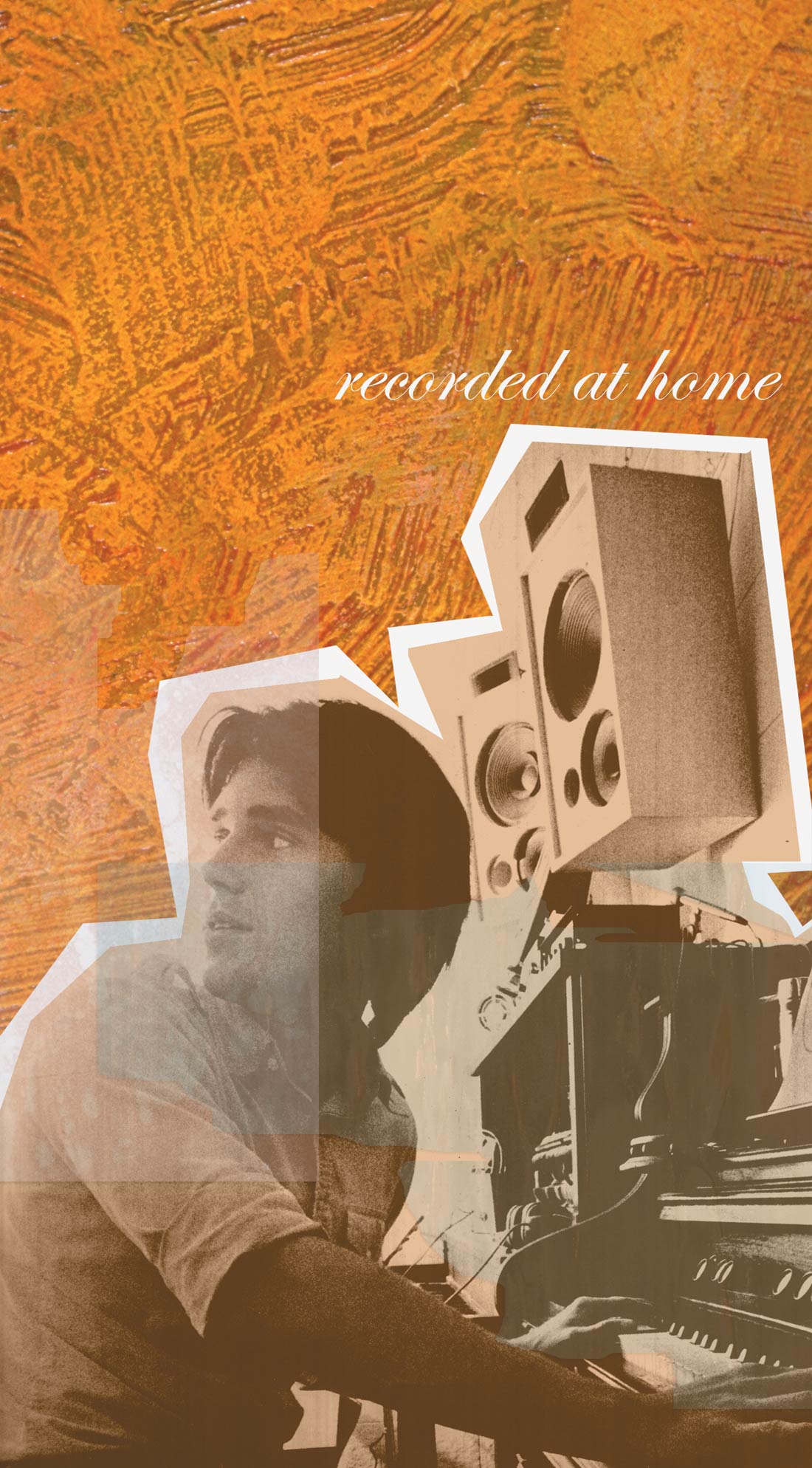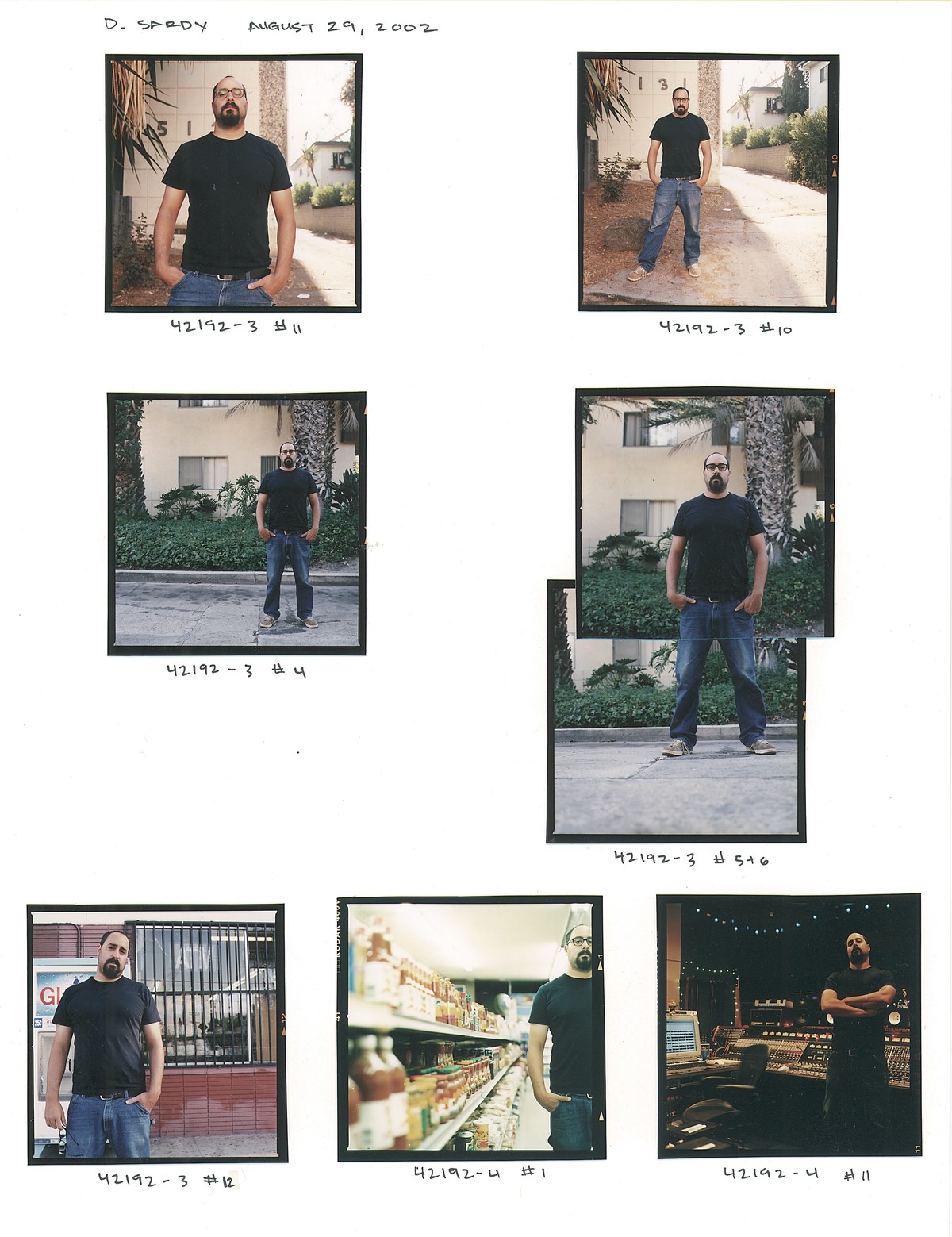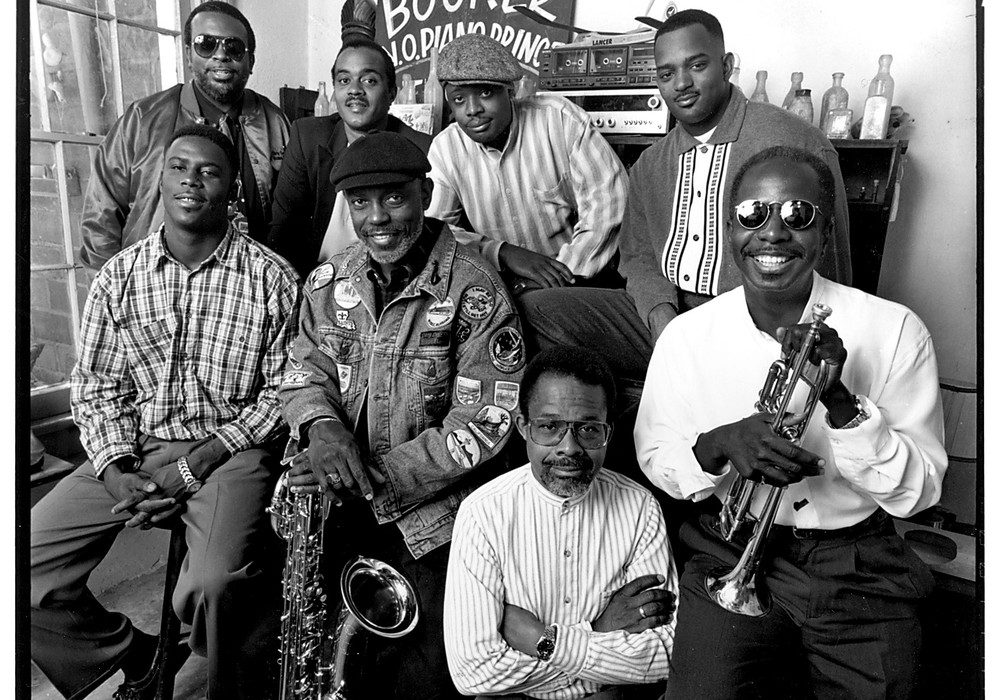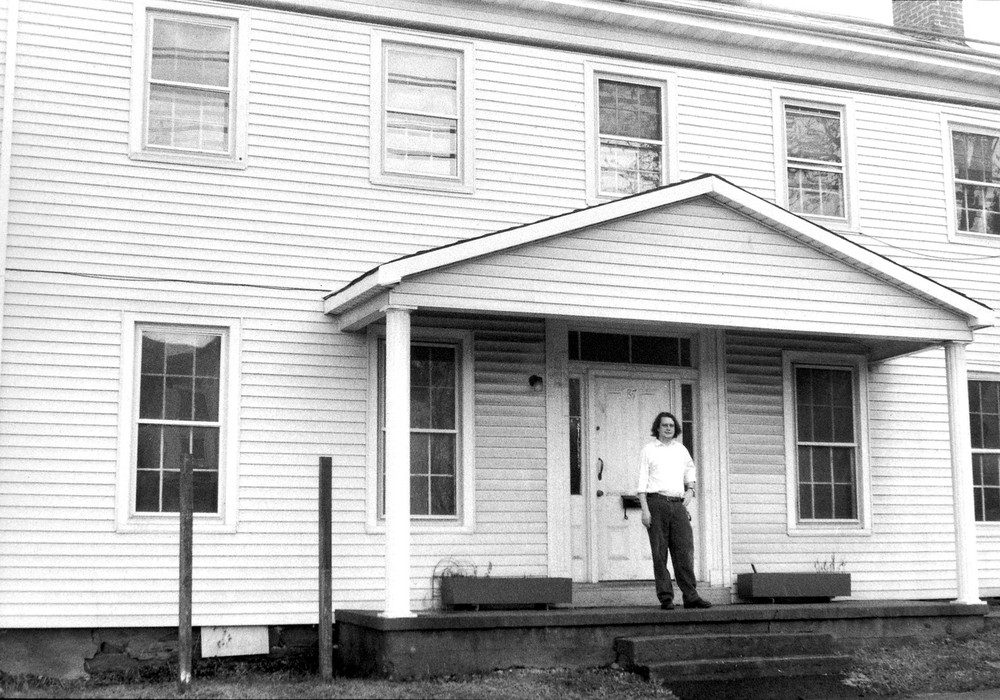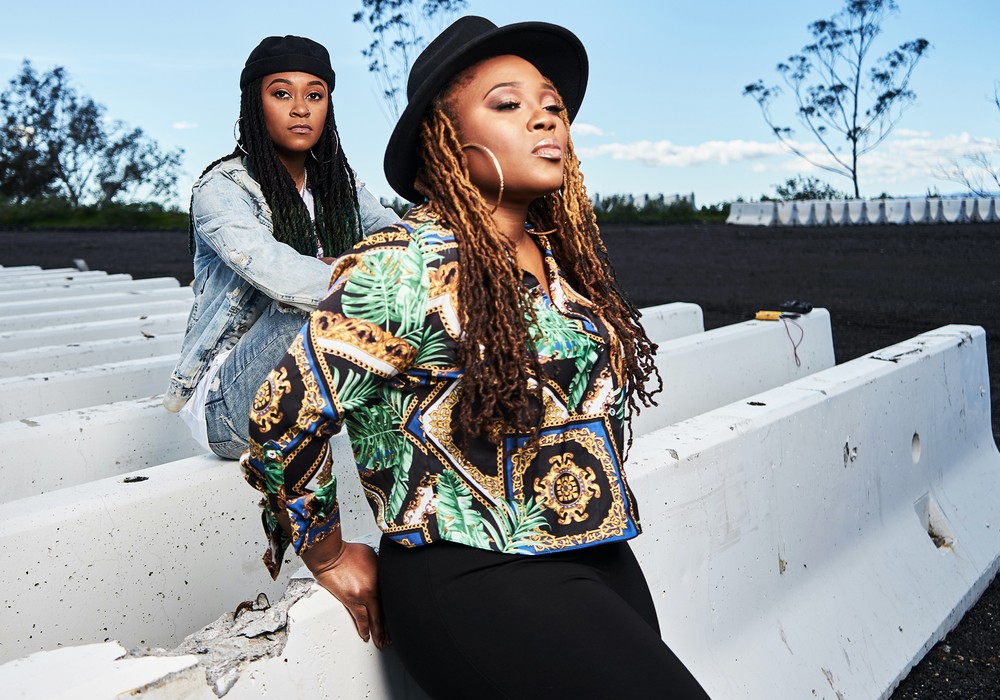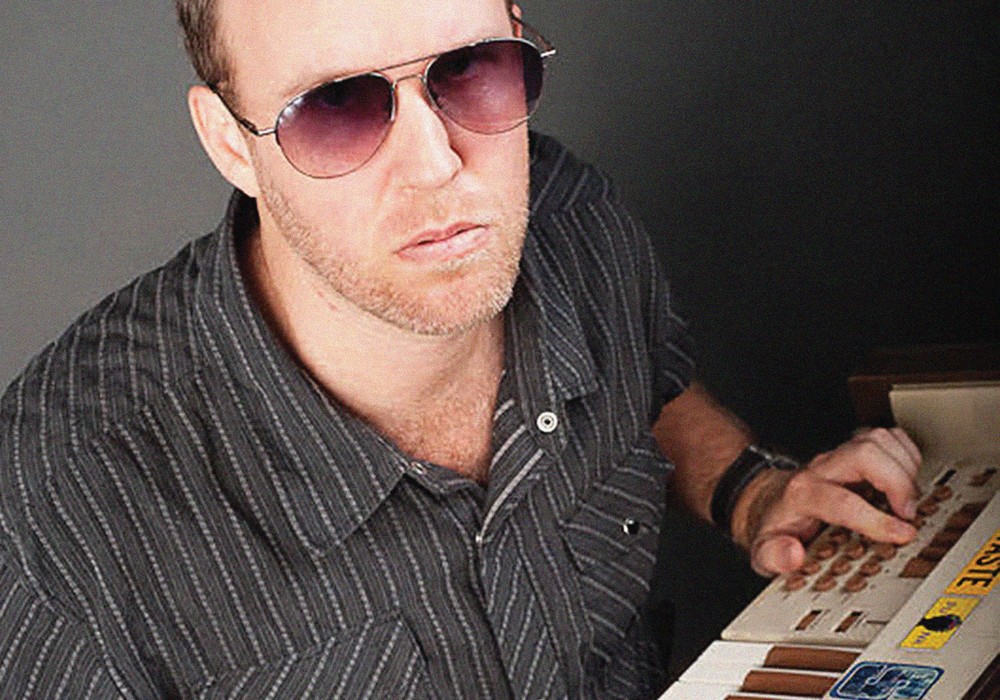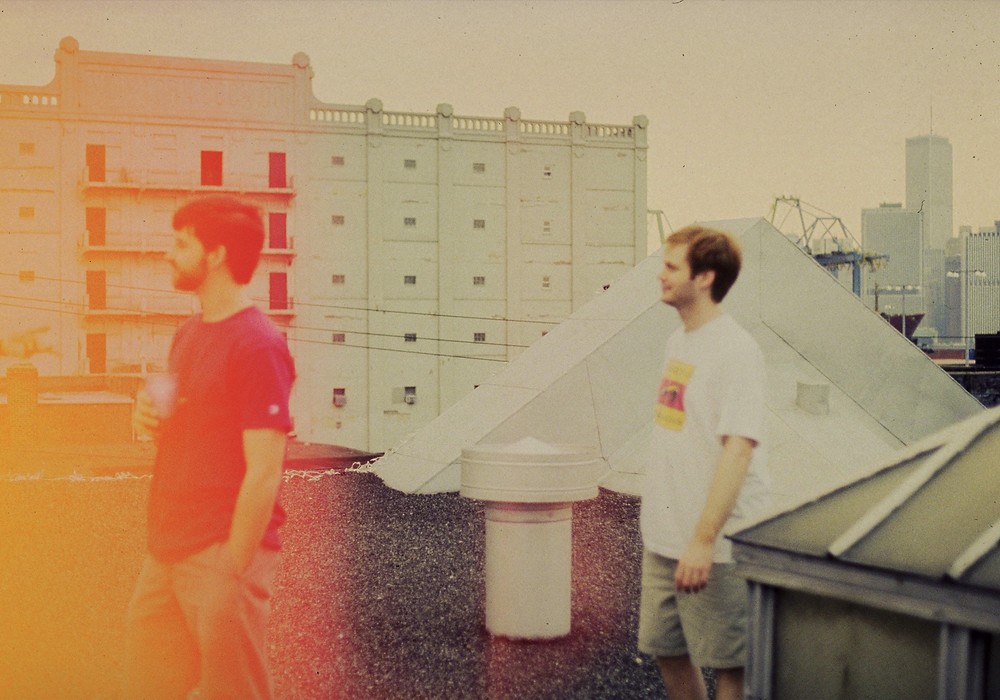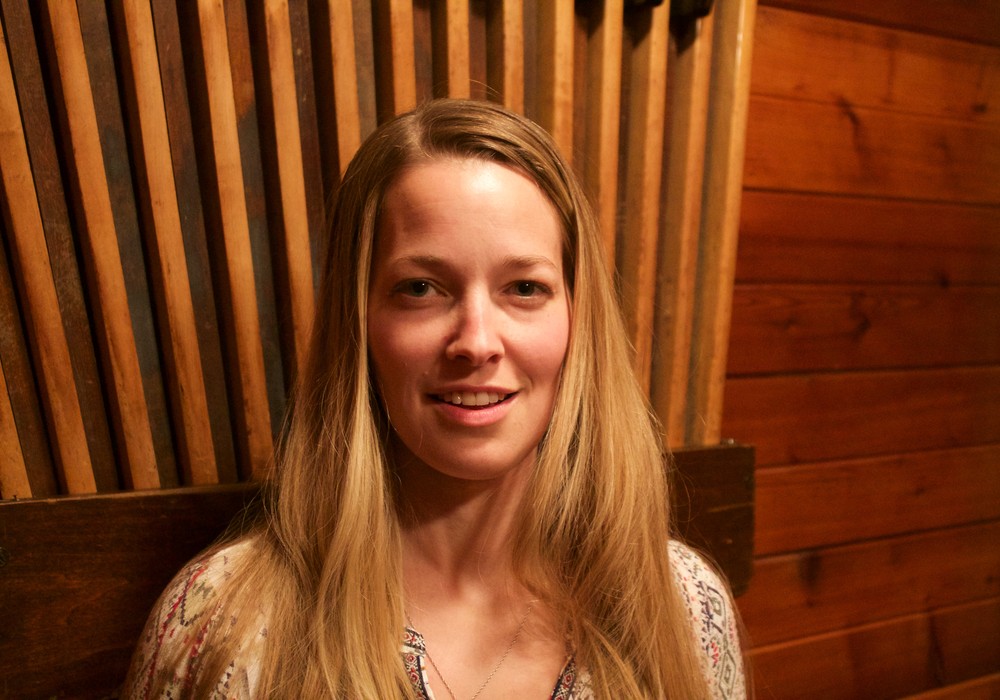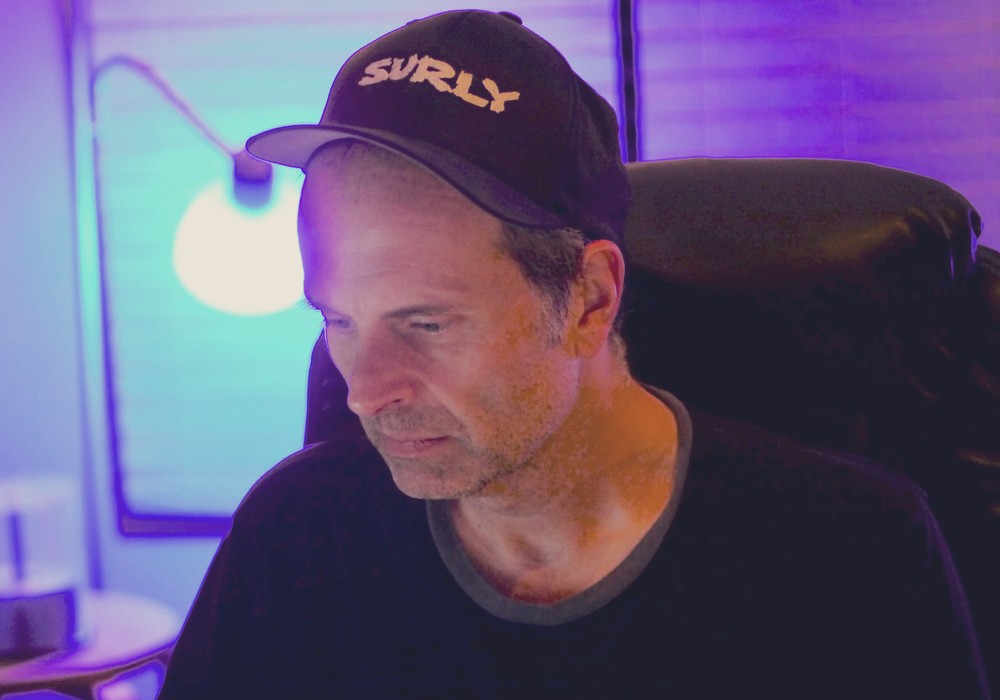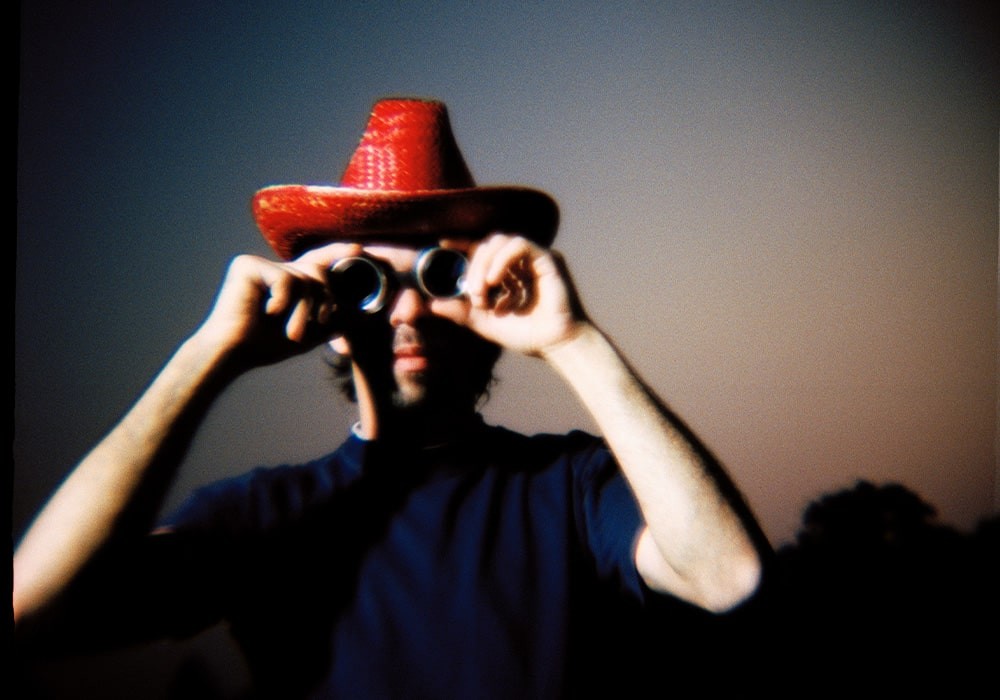Dave Sardy is a rare bird in the world of rock production: A virtuoso on both sides of the glass. As the leader and producer of the groundbreaking New York post- hardcore trio Barkmarket, he mined not only new depths of heaviness and lyrical potency, but also managed to capture some unbelievably vivid and powerful sounds on tape. His work as both an artist and engineer/producer is unmistakable. For a taste of what I'm talking about, check out "The Visible Cow," the first song on Barkmarket's 1996 album, L. Ron. The song, which goes from a boombox intro into a wide-screen apocalypse and back again, is the production equivalent of the Mona Lisa, a masterpiece of studio chops and skill. Quite frankly, it'll blow your socks off, as will the rest of Barkmarket's formidable discography.
These days, Sardy's resume is stacked with artists he's either engineered, produced or mixed (or all three), including Helmet, Slayer, Marilyn Manson, the Red Hot Chili Peppers, System of a Down, Dandy Warhols and Bush. He recently mixed the new Supergrass record, Life On Other Planets, which has been getting rave reviews. I've interviewed Sardy several times over the last decade, and it's always a good time. I sat down with him again one recent evening at L.A.'s Steakhouse studio, where he was producing the band Revolution Smile for Flawless/Interscope.
Last time I talked to you I think you said you were building a studio.
Well, I've been looking at places around [Los Angeles]. I've been trying to find an old room. L.A.'s the perfect place 'cause there're so many failed studios here from like 1975. I've looked at some crazy old places.
Like a [Fleetwood Mac] Rumours-era type studio?
Actually, for [the Revolution Smile] record we tracked where they made Rumours, at Sound City. It's fantastic. It's in Van Nuys, in the middle of nowhere. It's one of the best sounding drum rooms on the planet. They haven't changed a thing since they built the thing in the early '70s. Nirvana tracked "Smells Like Teen Spirit" there, all the Tom Petty records were done there, Heaven Tonight by Cheap Trick was done there, REO Speedwagon. It's crazy. It's not a hard sell to get people out there to record.
So what would you want to do if/when you get a room together? Would it just be a place where you could mess around, or would you want to do sessions there?
You've just gotta have a room. It's killing me. I had a room for almost 13 years in New York and it got torn down. You just need a place to go and have fun. Sometimes when you're making a record you just want to put the brakes on, give everyone a chance to go regroup. Or the singer can't sing, he's freaking out. You know, when you're locked down in all these expensive studios, the clock's ticking. I had a classic situation the other day. I was working on a record and the singer was complaining. Usually I try to make the studio feel like it's your bedroom — I'll spend like a day just tricking it out so that it feels like a fun place to be. I hate going into a studio that feels like a dentist's office. But with this singer it was the first time I've ever been confronted with someone who was like, "It feels like a bedroom, man. I want it to feel like a studio."
Was there any kind of defining moment that made you decide to get deeper into recording?
I was playing in all these bands that were touring and going to "recording studios" to make recordings. My second band, we saved up all our money to go make a recording. And I just remember fighting with the engineer, saying, "Take the reverb off the snare, it sounds weird. It's not what we want," and him just saying, "Shut up, kid, you don't know what you're talking about." At that point, I kind of promised myself that I'd never go back into a studio until I knew how to operate everything myself. That was kind of a defining moment for me.
Would you say that recording the Barkmarket stuff is how you really learned to engineer?
Sort of. I was the house engineer at Harold Dessau in New York. I was their house engineer for about 5 or 6 years. It was kind of like an 8 and 16-track place, but they had a Neumann 87 and a couple good compressors, a Teletronix LA-3A, and a good wood room, which was kind of the key. So I always went in there with the approach that we were making a record, even if somebody thought we were making a demo. And I eventually wound up bringing a lot of people in there to make records, but it was not a professional studio. I didn't even know what a second engineer was until I had one assisting me. I was laughing hysterically. 'Cause you record your own music your whole life and then go to a professional studio and suddenly have this Second doing everything for you — it's so easy. I was like, "I don't have to plug the mic in? This is awesome." One of my first "professional" jobs was when I was hired to mix a record by this band Trouble, this kind of wild heavy metal band that sounded like Sweet or something. They flew me out to California and I had to ask a friend...
